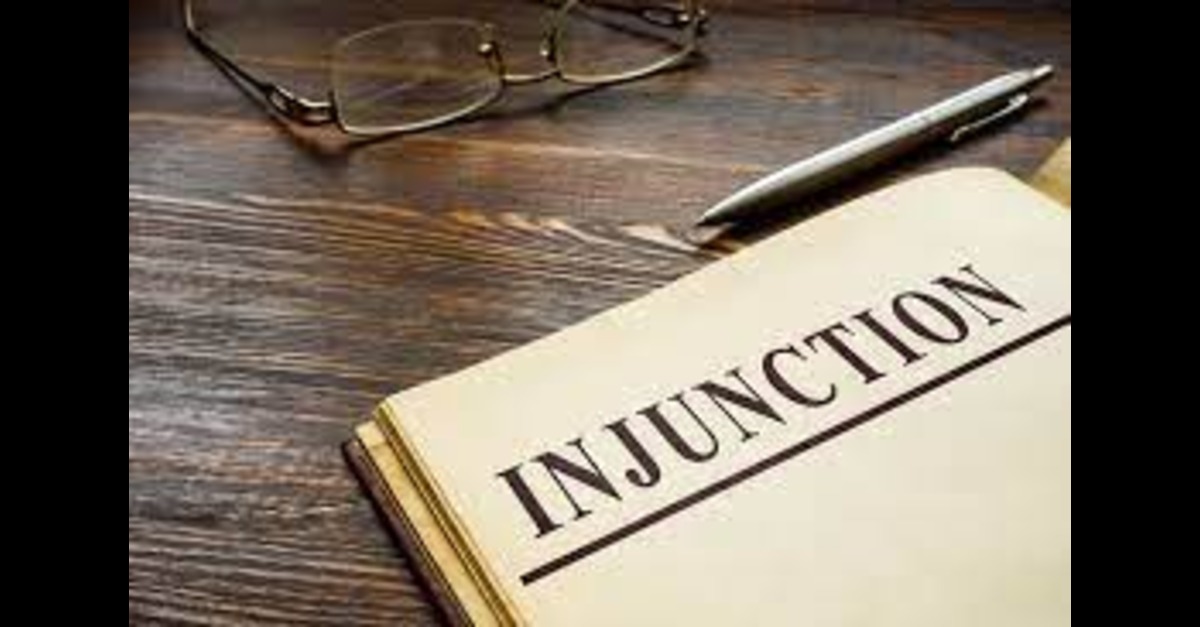Introduction
Injunctions are important to ensure the rule of law in that they avert illegal activities and uphold parties’ rights in legal controversies. A fundamental question of law then arises: What becomes of breach of an injunction order where the order itself later turns out to be set aside? The Supreme Court of in India in the recent case Bhudev Mallick alias Bhudeb Mallick v. Ranajit Ghoshal, holding that the quashing of an injunction order does not wipe out previous violations. This milestone ruling explicitly makes it clear that each such violation is a separate offense, so that those who violate court orders will continue to be prosecuted even if the initial order is later on quashed.
This judgment has momentous implications for the laws of civil jurisdiction, especially with respect to land issues, the enforcement of contracts, and statutory enforcement. The judgment puts forward the principle that while an order remains in force, it must be complied with, and however breach of such an order was made on account of the order being later revoked could not be justified. It also put great emphasis on the application of due process during the implementation of injunctions to achieve procedural fairness.
Background
The Injunction is a remedy granted by the court that prohibits the commission of a wrong threatened or the continuance of a wrongful course of action already begun.
There are two main kinds of injunctions:
Temporary injunctions: Temporary injunctions continue until a specific time, or until the further order of the court, and they may be granted at any stage of a suit, and are regulated by the Code of Civil Procedure, 1908 (5 of 1908).
Permanent injunctions: Permanent injunction is where one party is permanently restrained from doing or not doing an act that would go against the other party.
Breach of an injunction order is punishable by serious legal recourse, including contempt of court proceedings, financial penalties, and imprisonment. Legal uncertainty had, however, surrounded the issue of whether violations of such orders would remain punishable if the injunction itself is subsequently set aside. The recent Supreme Court decision removes this uncertainty by affirming that obedience to court orders is obligatory until they are legally discharged.
The case under reference was from 1965, when a suit for title was brought, resulting in a decree of permanent injunction in 1976. Years later, in 2017, the decree-holders moved execution proceedings on account of new contempt of the injunction by the judgment-debtors. This led to a challenge to law on whether violations subsequent to the decree being set aside could still be enforced.
Key Points
The present case sets up some important principles;
- Violation of an Injunction is an Independent Wrong
The Court held that every infringement of an injunction order constitutes an independent offense. Even if the injunction is subsequently set aside, previous violations are still legally enforceable. This prevents parties from avoiding liability by claiming the order no longer subsists. - Significance of Procedural Safeguards in Enforcing Proceedings
Although the Court maintained the execution of the injunction, it did find procedural shortcuts in the proceeding, specifically where imprisonment was being imposed. The Court held that either arrest or detention should not order directly but has to order only on finding the willful disobedience.
- Balance of Enforcement and Fair Procedure
Judgment ensures that although contempt of an injunction is not to be taken lightly, enforcement measures are subjected to due process. Courts must evaluate whether a party willfully disobeyed the order prior to imposing serious penalties such as imprisonment.
Recent Developments
The Supreme Court upheld the execution proceedings against persons who had disregarded the injunction order, supporting the principle that such breaches remain enforceable notwithstanding the setting aside of the order. But the Court also noted procedural irregularities in the way the execution was conducted. In particular, the lower court had directed the arrest and detention of the judgment-debtors without satisfactorily establishing that the violation was willful. Consequently, the Supreme Court upheld the reversal of the order of arrest and detention but permitted the enforcement proceedings to proceed under proper procedural mechanisms. This decision serves as a precedent for future cases by facilitating enforcement processes in a fair manner while ensuring that violators are liable.
Conclusion
The Supreme Court confirmed the execution proceedings for the individuals who violated the injunction order and upheld the presumption according to which such violations can be carried out even as it set aside the order. The Court, however, was aware of the procedural imperfections that had characterized the manner in which execution was being carried out. Specifically, the lower court had ordered the arrest and imprisonment of the judgment-debtors without adequately demonstrating that the infringement was willful. Accordingly, the Supreme Court affirmed the reversal of the arrest and detention order but allowed the enforcement proceedings to continue under proper procedural channels. The present ruling act as a precedent case for many of the upcoming issues like this.
“PRIME LEGAL is a full-service law firm that has won a National Award and has more than 20 years of experience in an array of sectors and practice areas. Prime legal falls into the category of best law firm, best lawyer, best family lawyer, best divorce lawyer, best divorce law firm, best criminal lawyer, best criminal law firm, best consumer lawyer, best civil lawyer.”
WRITTEN BY MARTHALA JOSHIKA REDDY


